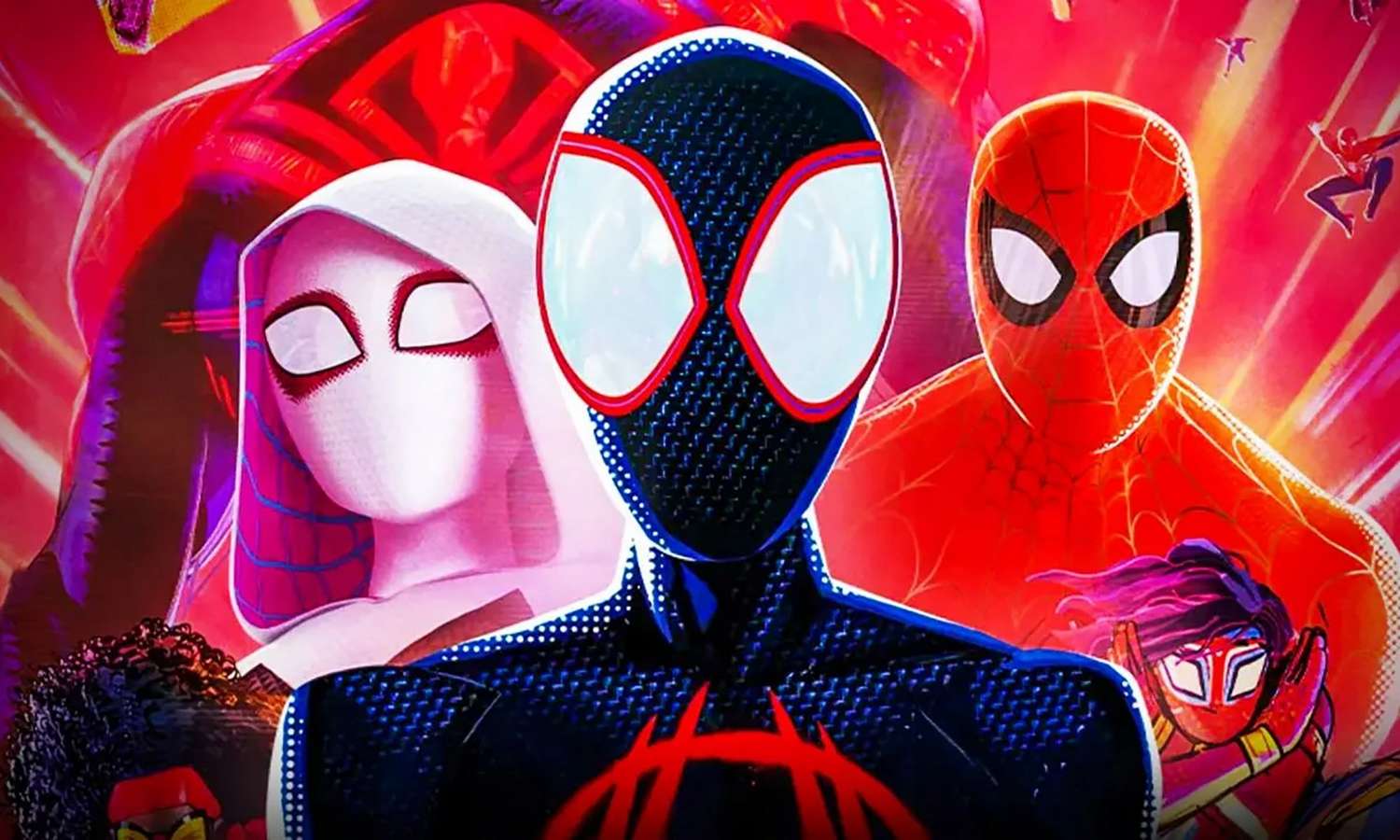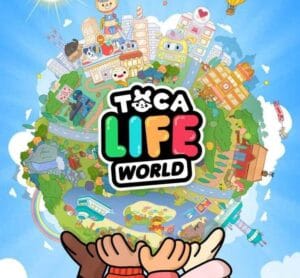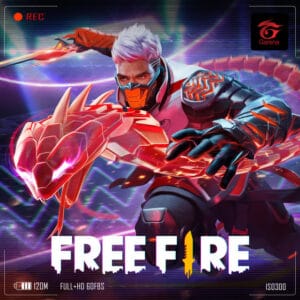Wizards of the Coast Surveys Player Sentiment on the ‘Magic: The Gathering’ Spider-Man Set
Popular Now
 Valorant
Valorant
 League of Legends
League of Legends
 BeamNG.drive
BeamNG.drive
 Black Myth: Wukong
Black Myth: Wukong
 Schedule I
Schedule I
 Among Us
Among Us
 Fortnite
Fortnite
 Rust
Rust
 Minecraft
Minecraft
 FIFA 23
FIFA 23 
The Gathering (MTG), the venerable collectible card game, has once again found itself in the center of a community maelstrom, this time surrounding the recent release of the Universes Beyond set, Magic: The Gathering | Marvel’s Spider-Man. Following a decidedly mixed-to-negative reception from players, Wizards of the Coast (WotC) has distributed a comprehensive player survey intended to gauge sentiment and pinpoint the causes of the set’s lukewarm performance. However, a specific line of questioning within the survey has ignited a fresh wave of controversy, leading to accusations that WotC is attempting to shift the blame for the set’s commercial and critical challenges onto community influencers and content creators. This development introduces a compelling wrinkle into the ongoing narrative of the Universes Beyond product line.
The Core Controversy: Influencer Blame and the Survey’s Leading Questions
The Spider-Man MTG set has struggled with numerous criticisms, ranging from its perceived mechanical weakness and lack of cohesive design—often described as “scattered and half-assed”—to its on-the-nose New York City setting that some felt lacked the “beyond” element expected from the Universes Beyond branding. The set’s reliance on recycled mechanics like Modified and Connive, alongside a feeling of uninspired execution, has been a consistent point of contention for both competitive and casual players.
Amidst this established backdrop of player dissatisfaction, WotC launched its feedback survey. The central point of contention revolves around a targeted question posed to players who indicated that their primary source of information about the set was content creators or streamers. The controversial query asks:
 “To what degree did negative influencer commentary impact your perceptions of Magic: The Gathering | Marvel’s Spider-Man before the set released?”
“To what degree did negative influencer commentary impact your perceptions of Magic: The Gathering | Marvel’s Spider-Man before the set released?”
This question, according to a significant portion of the MTG community, feels less like a genuine attempt at holistic feedback and more like a search for a convenient scapegoat. High-profile players and community figures, including Hall of Famers, have publicly expressed concern over the phrasing, with some labeling it a “witch hunt.” The fear among some influencers is that WotC could use the survey data to retaliate against creators who offered honest, negative criticism of the product, potentially impacting their access to future preview cards or official channels. While WotC representatives have made public statements to quell these fears, asserting that they “don’t and won’t punish creators for having negative opinions,” the damage to public relations appears to be done, further complicating the set’s narrative.
Analysis: Deconstructing the Failure and Future Implications for Universes Beyond
The controversy underscores a larger debate within the MTG community: What constitutes a successful crossover set, and who is responsible when a set underperforms? While WotC may be seeking to understand the impact of negative word-of-mouth on sales data (a critical metric for a publicly-traded company like Hasbro), the community’s consensus seems to place the primary responsibility on product design and market strategy.
- Design and Execution: Many players felt the set was poorly constructed, rushed, and failed to adequately translate the Spider-Man lore into compelling, unique gameplay elements. The perception of it being a repurposed small set, initially planned with “Beyond Boosters,” exacerbated feelings of a low-effort, high-price release.
- Financial Metrics (High CPC Keywords): Reports of Collector Booster price crashes and a lack of significant card price spikes suggest that the set did not resonate strongly with the investor or speculator segment of the market—a key component of the overall trading card game market. For a set leveraging a premium IP like Marvel, a poor financial reception is a major red flag that analysts are likely monitoring.
- Community Trust: The “blame game” narrative emerging from the survey further erodes trust between the player base, content creators, and the publisher. Transparency in product development and genuine acceptance of constructive criticism are vital for maintaining a healthy digital marketing ecosystem around a game like MTG.
 The Catch: A Potential Distraction from Deeper Issues
The Catch: A Potential Distraction from Deeper Issues
The “catch” mentioned in the original title is the possibility that this influencer-blaming question serves as a distraction. By framing the issue as one of “negative commentary,” WotC risks sidestepping the more fundamental problems that appear to be plaguing the Spider-Man set and, potentially, the broader Universes Beyond strategy. If the foundation of the product—the card mechanics, art direction, and overall set vision—is weak, no amount of positive digital advertising or influencer spin can guarantee success. The set’s underperformance, unlike the monumental success of the Lord of the Rings: Tales of Middle-earth set, suggests that simply attaching a popular IP is not a guaranteed formula for a high-profit return; execution remains paramount.
Looking Ahead: Future of Universes Beyond
As WotC moves forward with other highly anticipated crossovers, including Star Trek, Teenage Mutant Ninja Turtles (TMNT), and the massive Marvel Super Heroes line, the lessons learned from the Spider-Man feedback—both the intended and unintended consequences—will be crucial. The community is looking for reassurance that the publisher values design integrity and flavor translation over simple cash-grab tactics. The results of the survey, when fully analyzed internally, will undoubtedly inform the marketing and design blueprints for these future, high-value IP collaborations. The market is now watching the upcoming TMNT set as a bellwether for whether the small-set Universes Beyond model is fundamentally flawed, or if the Spider-Man debacle was merely a unique case of poor execution.








 The Catch: A Potential Distraction from Deeper Issues
The Catch: A Potential Distraction from Deeper Issues